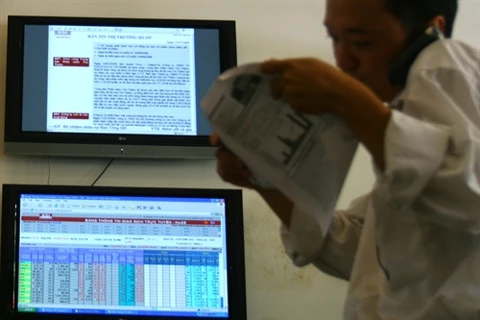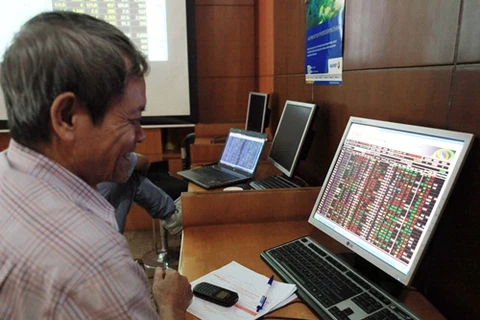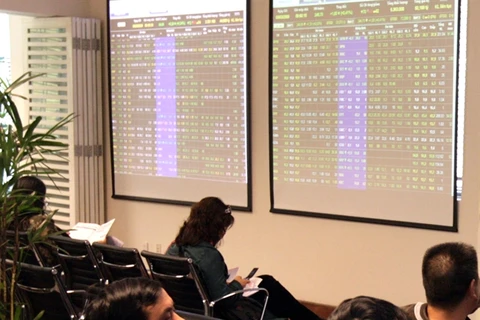Hanoi (VNA) – Vietnam’s garment-textile industry has already taking possible Brexit influence into accounts while conjuring up measures to weather its possible negative impacts.
Vietnam’s garment exports to the EU account for approximately 20 percent of the total volume with the UK contributing around 4 percent.
Vu Duc Giang, Chairman of the Vietnam Textile and Apparel Association (Vinatas), said Brexit will definitely have impacts on garment and textile exporters due to the devaluation of the pound and the euro, which influence prices.
The purchase power of British and European consumers will change as well, said Giang.
According to Giang, material prices will have to be re-negotiated due to changes in the exchange rate, which will have direct influence on enterprises from the fourth quarter this year, leading to the disruption of orders in 2017.
In addition, the Vietnam-European Union (EU) Free Trade Agreement is likely to be reconsidered, he said, adding that how much influence Brexit will have on Vietnam remains unclear.
In the short term, Brexit will have immediate impacts on the sector’s production and sale as well as the jobs of Vietnamese workers, eventually influencing export growth rate to the EU this year.
In order to limit the impacts caused by Brexit, enterprises who are exporting to the UK and EU markets need to place more focus on traditional markets like the United States, the Republic of Korea and Japan as well as trying to expand their share in new markets like Russia and Eastern Europe with new lines of products.
Enterprises also need to build supply chains to make full use of signed free trade agreements and diversify products for both traditional and new markets.
Besides, enterprises should take a cautionary approach when negotiating with the remaining importers in the EU to minimise the impacts from the UK’s decision to leave the EU.
As far as the government is concerned, the government needs to accelerate the process of signing trade agreements with the remaining members of the EU. The Government also needs to hold talks with the UK on differences between the Vietnam-UK FTA and the Vietnam-EU FTA, and promptly inform enterprises of the matter.
Phan The Vinh, Director of the Agriculture Sowing Joint Stock Company, said Brexit is an opportunity for small- and medium-size enterprises because these companies can consider the UK as a niche market for their products.
Do Huy Trung, Director of the Tri Duc Limited Company, said Brexit will more or less influence enterprises but declined to comment because formal talks on Brexit have yet to happen.-VNA

Local stocks mixed as Brexit vote loom
Vietnamese shares were volatile and closed mixed on June 22 as investors remained cautious ahead of the vote to decide Britain’s membership in the European Union (EU).























